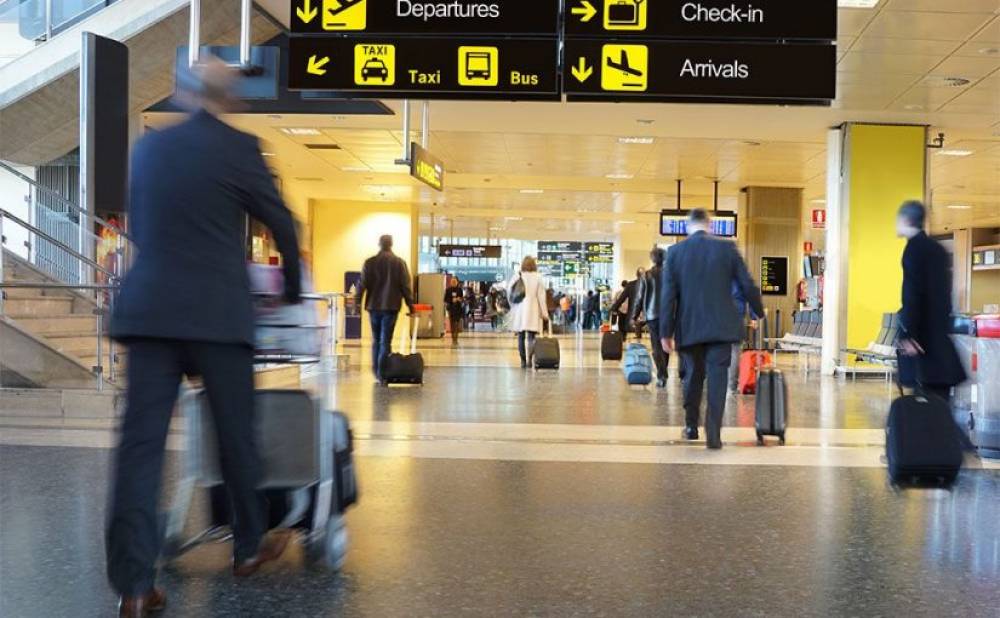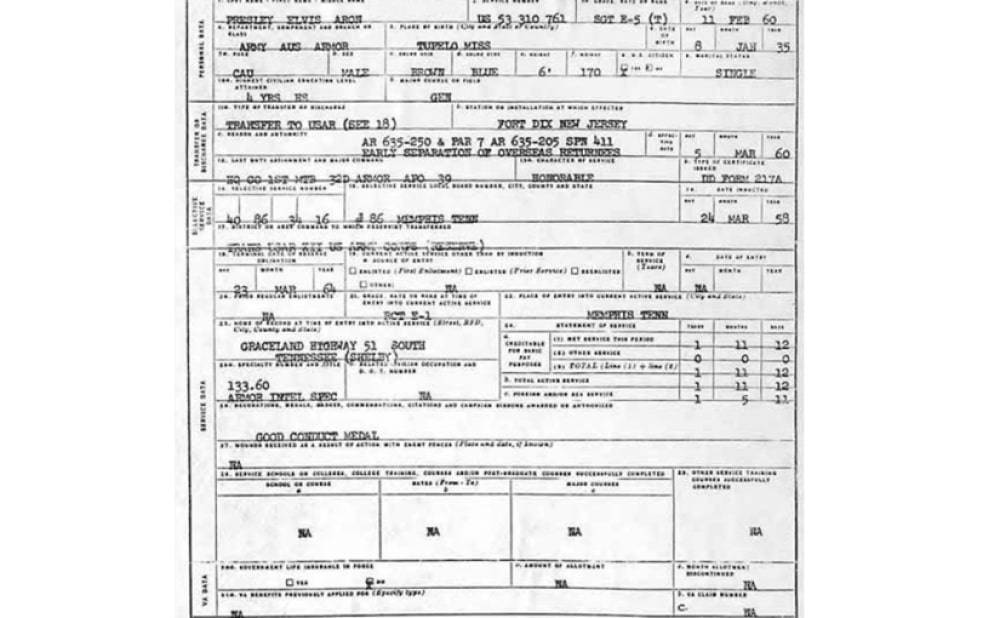As mandated by the National Defense Act of 2000 (Public Law 106-65), the provision of military funeral honors is among the many benefits offered to former service members who died in the line of duty or who were discharged under honorable conditions.
What are military funeral honors?
The term “military funeral honors” simply refers to a ceremony in which the veteran is honored for having served his or her country. By law, the ceremony is to consist of at least two members of the U.S. armed forces in uniform, including at least one member from the deceased individual’s branch of service.
During the service, Taps is played—either in person by a professional bugler or using a recorded version of the song—and the United States flag is folded and presented to the deceased’s next-of-kin. A veteran burial with military funeral honors can take place at either a private cemetery or a national cemetery, and typically the funeral home director will request the ceremony.
The Department of Veterans Affairs (VA) as well as local veteran organizations can also help families arrange military funeral honors.
Who is eligible to receive military funeral honors?
Military funeral honors are provided free of charge to all eligible veterans, as long as they (or their families) can provide proof of military service and show they were discharged under anything but dishonorable conditions. The simplest way to do this is by providing a copy of the veteran’s DD214.
For members of the Armed Forces (the Army, Air Force, Marine Corps, Navy and Coast Guard), a DD Form 214 is issued upon separation or discharge from active duty, including when a service member retires. However, it sometimes happens that a servicemember’s DD214 never arrives or it gets lost, stolen, or damaged over time.
Officially known as a Certificate of Release or Discharge from Active Duty, the DD214 has been called the most important document a veteran possesses and is often requested as proof of eligibility. The form provides an in-depth look at the servicemember’s career, including any decorations or awards received, the character of service, and the type of separation and reason for separation.
Interesting fact: There are actually eight different copies of the DD Form 214, including the Member 4 Copy and the Service 2 Copy. To find out which one you need, click here.



